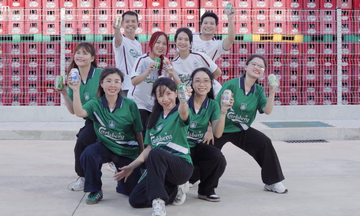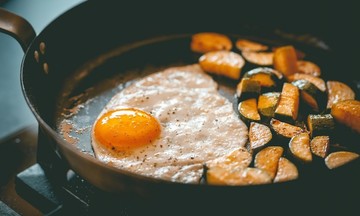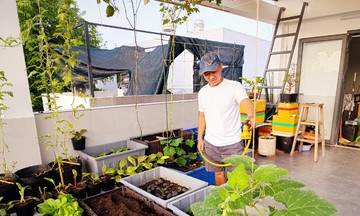The US Food and Drug Administration (FDA) defines spices as aromatic vegetable substances, in whole, broken, or ground form, whose primary function is to flavor food, not provide nutrition.
In culinary terms, spices are made from dried roots, bark, or stems, while herbs are fresh or dried leaves. The shelf life of dried herbs and spices depends on the type, processing method, and storage. Dried spices generally last longer than dried herbs, and whole spices last longer than ground ones.
Dried herbs can last 1-3 years. These include basil, oregano, thyme, rosemary, bay leaves, dill, parsley, cilantro, mint, marjoram, and sage.
Whole spices have the longest shelf life due to their minimal surface area exposure to air, light, and moisture, which helps preserve essential oils and flavor compounds longer than ground spices.
If stored properly, whole spices can last up to four years. These include peppercorns (whole), coriander seeds, mustard seeds, dill seeds, cloves, cinnamon sticks, whole dried chilies, and lemongrass. Dried herbs and spices don't truly "expire," but they do lose some of their flavor and color over time.
Salt can be used indefinitely without spoiling or losing its flavor, but spices mixed in seasoned salt may degrade over time.
Dr. Nik Sharma, author of "Season: Big Flavors, Beautiful Food" and founder of the food blog A Brown Table, recommends storing spices in a cool, dry, and dark environment, away from direct light to preserve their flavor.
Users should minimize spice exposure to air, heat, light, and moisture to extend their shelf life. Spices should be stored in a pantry, drawer, or cool, dry, dark cupboard, away from the stove and oven.
Glass or ceramic jars help block air and moisture and are easy to clean. Conversely, plastic containers are not airtight, readily absorb colors and odors, and are difficult to clean for reuse.
Experts also note that moisture can diminish flavor, alter texture, or cause clumping and mold; users should discard any spices showing signs of mold. It's advisable to use a spoon to transfer spices to hot food rather than sprinkling directly from the container.
Ngoc Ngan (According to Healthline)












